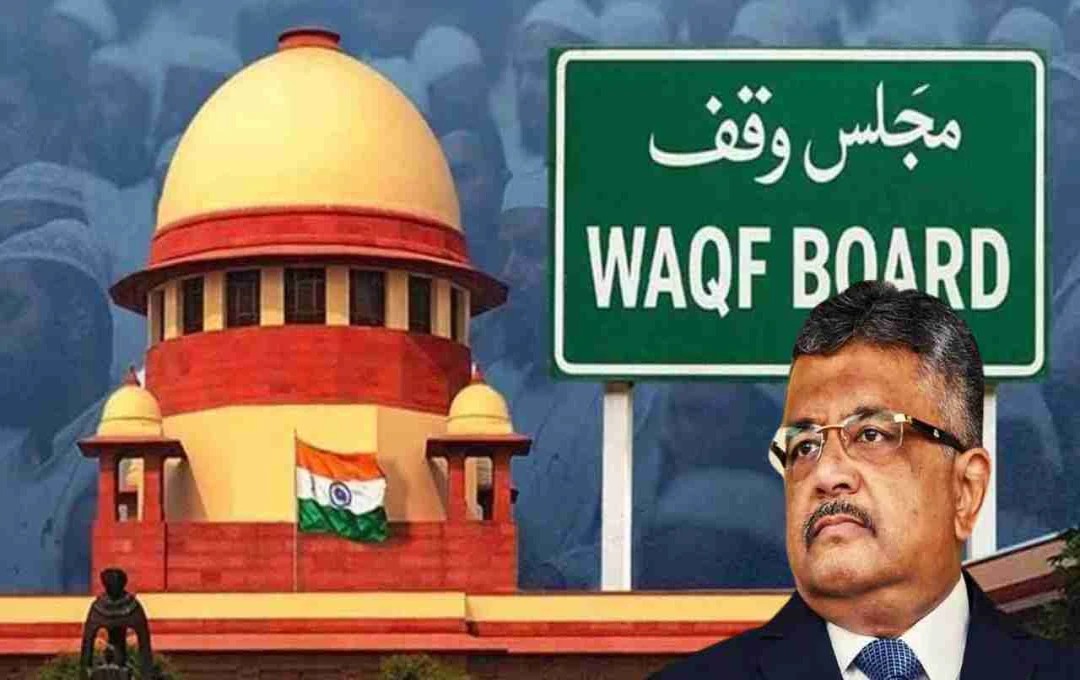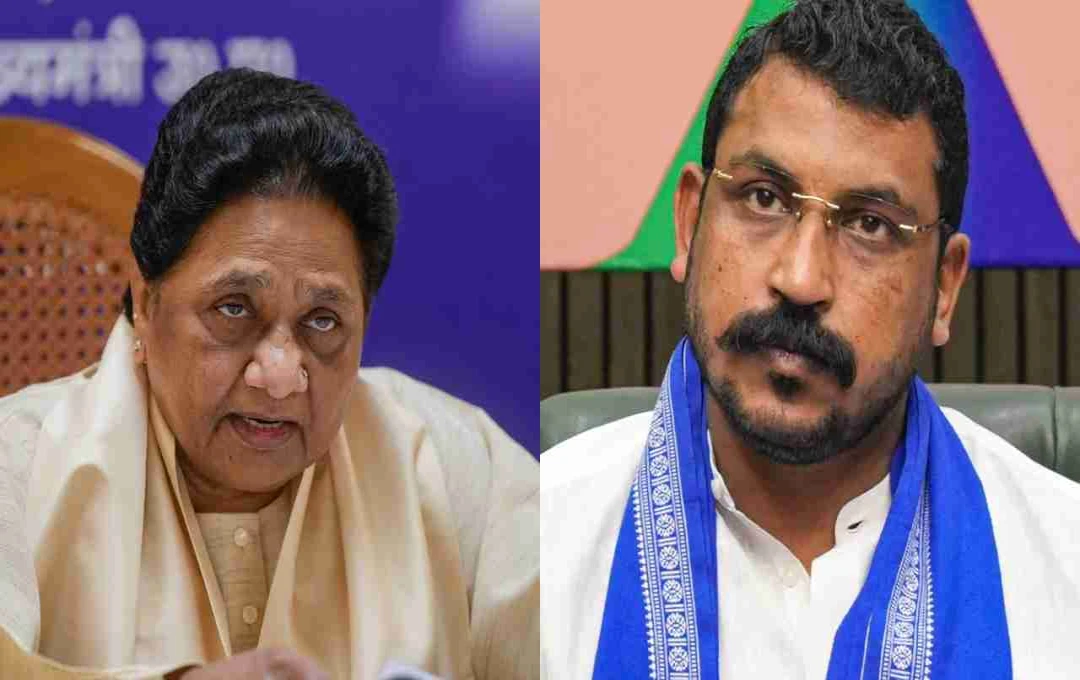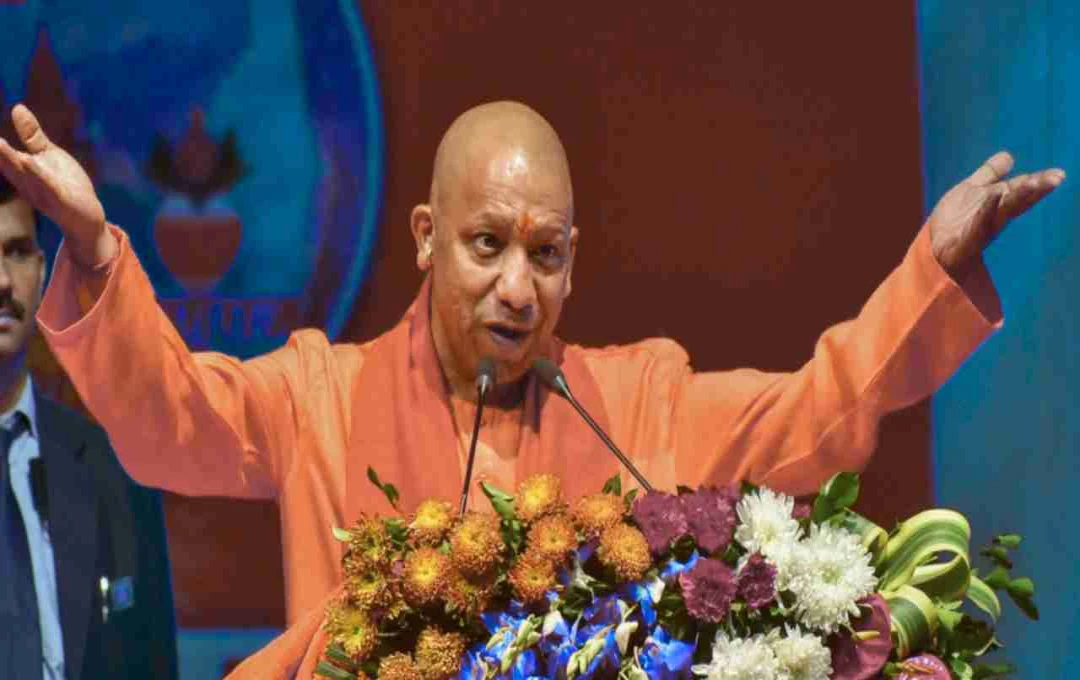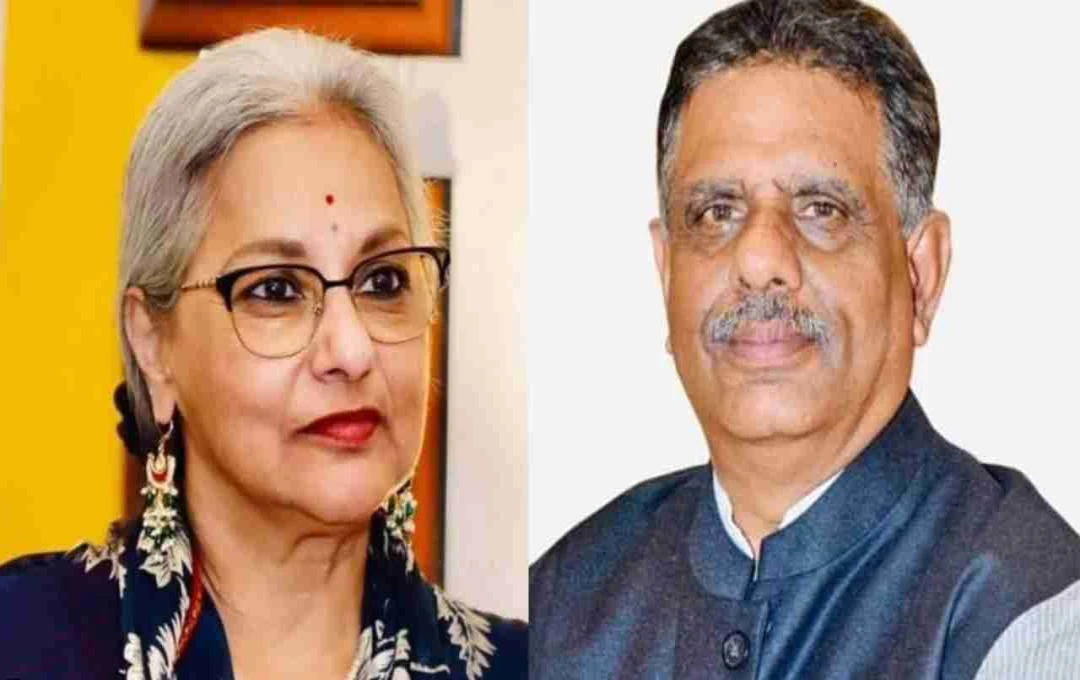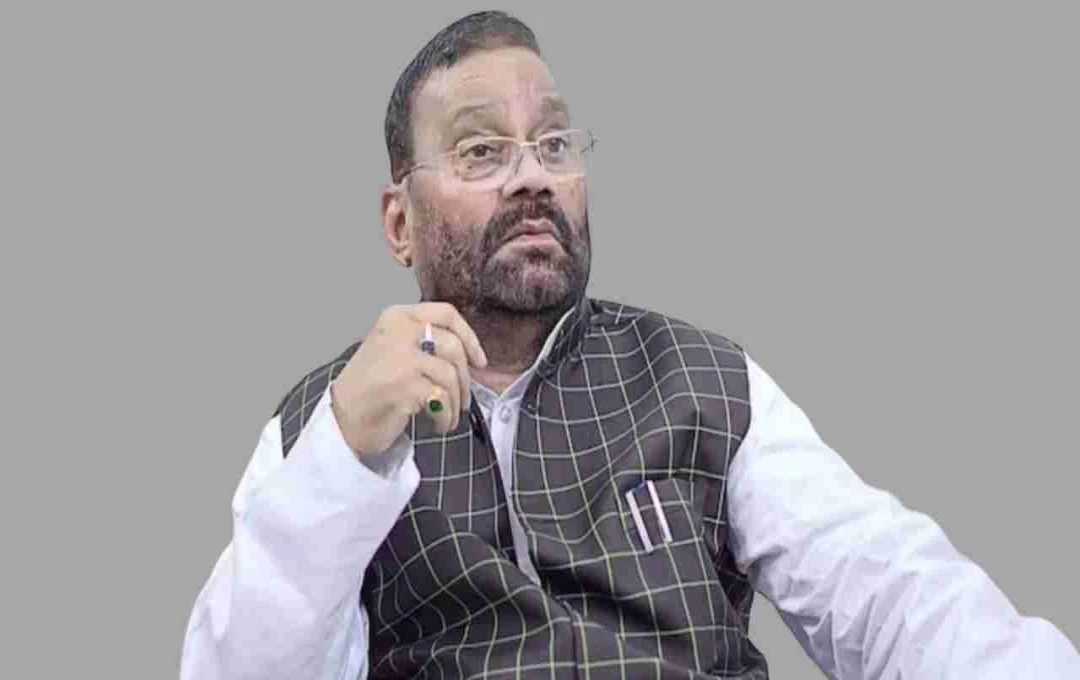During a Supreme Court hearing on the Waqf Amendment Act 2025, Justice Masih stated, "The fundamental spirit of Islam remains the same, regardless of location." A heated debate ensued between the central government and the petitioners.
Waqf Amendment Act 2025: The Supreme Court hearing on the Waqf Amendment Act continues. A significant turn came when Justice Augustine George Masih made a crucial observation, stating, "Islam remains Islam, wherever it is practiced." This remark followed the central government's argument that Muslims residing in tribal areas do not practice Islam in the same manner as Muslims in other parts of India.
The Case and the Hearing
On Thursday, May 22, 2025, during the hearing on petitions filed against the Waqf Amendment Act, a heated debate unfolded between the government and the petitioners. Representing the central government, Solicitor General Tushar Mehta argued for the protection of Scheduled Tribes' rights, stating the new law safeguards their land.
Mehta argued that the Muslim community in tribal areas possesses a distinct cultural identity and does not practice Islam identically to the rest of India. He cited the Joint Parliamentary Committee (JPC) report in support of his claim.
Justice Masih Intervenes
While Mehta discussed differences in the religious practices of tribal Muslims, Justice Masih intervened, stating, "Islam remains Islam. Regardless of location, the core tenets of the religion remain the same. Regional or cultural practices may differ, but the religion itself does not change."
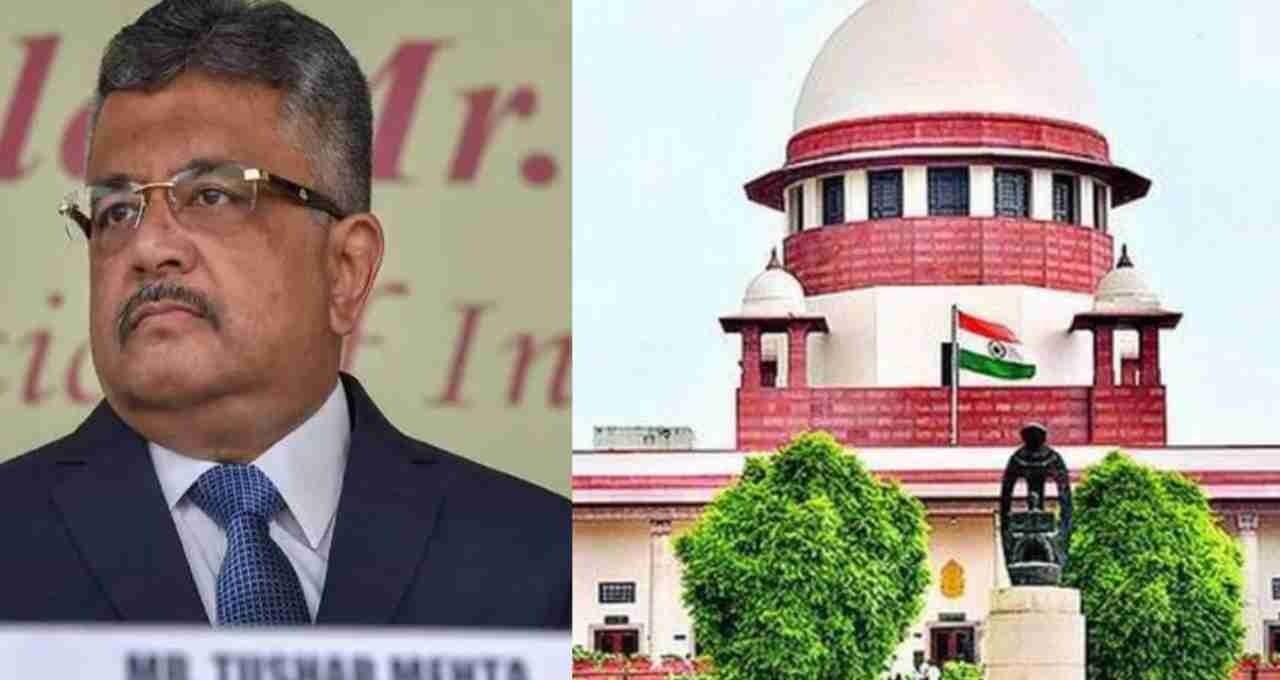
This statement shifted the debate's trajectory, sparking discussion on whether regional variations in religious beliefs justify the amendment to the Waqf Act.
Government Concerns Regarding Land Grab
The government argued that several tribal organizations complained about their lands being forcibly declared as Waqf properties, leading to their harassment. Mehta stated that if tribal land is sold fraudulently, it can be reclaimed; however, once land is declared Waqf, it becomes irrevocable.
The government views this process as a violation of tribal community rights, prompting the amendment.
Petitioners' Arguments
Those opposing the amendment argue it directly attacks the religious and cultural rights of minority communities. They contend that the Waqf tradition is integral to Islam and that the amendment attempts to weaken it.
They also claim the law intends to eliminate or restrict Waqf properties, violating Articles 25 and 26 of the Constitution (regarding religious freedom).
CJI Gavai's Bench Oversees the Case
The case is being heard by a bench comprising the current Chief Justice of India, Bhushan Ramkrishna Gavai, and Justice Augustine George Masih. Following Justice Sanjeev Khanna's retirement, the case was transferred to this new bench.
The hearing continued for a third consecutive day, indicating the court's thorough examination of the law's various aspects.
